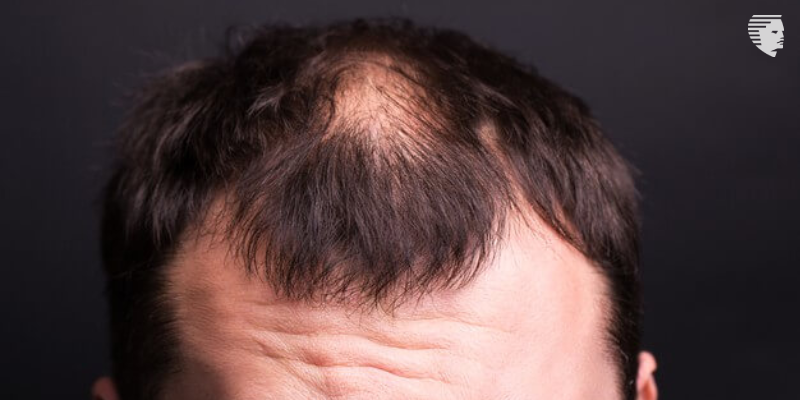Alopecia Areata Treatment

Alopecia areata is a condition where the hair follicles lose all or part of their hair. Several treatments are available to treat this condition. These include topical immunotherapy and corticosteroids. One of the most common forms of treatment is the intralesional injection of corticosteroids such as triamcinolone acetate and hydrocortisone acetate. These medications are injected via a 0.5-inch long, 30-gauge needle into the affected areas of hair loss. Patients with responsive hair follicles may see regrowth within 4-6 weeks. Treatments are repeated every three to six weeks until the hair follicles grow back.
Corticosteroids
Corticosteroids are an alternative treatment for alopecia areata. Although some studies show that systemic corticosteroids are helpful in alopecia areata, many others have reported poor results. These drugs are effective adjunctive medications, but their absorption in the scalp limits their efficacy. For children with alopecia areata, topical corticosteroids are recommended in addition to other treatments.
Patients with alopecia areata typically experience sudden, patchy hair loss that begins in a few spots. The skin on the affected areas is usually normal but may be slightly erythematous and oedematous. Hair regrowth may be white or blonde. The condition may be temporary or permanent, depending on the severity of the disease. If alopecia areata continues to progress, the treatment can be more aggressive.
Topical immunotherapy
In addition to oral medications, topical immunotherapy for alopecia Areata treatment can also help the patient control the condition. The mechanism of action of topical immunotherapy is not fully understood. Researchers are assessing the efficacy of topical treatments for alopecia areata. One treatment is diphenylcyclopropenone. In addition to its therapeutic efficacy, diphenylcyclopropenone is also known to have several side effects.
Alopecia areata is a chronic disorder that affects hair follicles. While the immune system mistakenly attacks hair follicles, it doesn't destroy them. In most cases, the hair follicles retain the ability to regrow hair. However, the condition can be severe enough to cause psychological distress to the patient. Those with the condition may also suffer from other conditions. The underlying cause may be thyroid disease, a genetic disorder, or vitamin B12 deficiency.
Minoxidil
In the U.S., Minoxidil is available over-the-counter for alopecia areata treatment. However, this new form of therapy is still in its early stages, with little data regarding side effects. Clinical trials are currently underway to assess the effectiveness and safety of this medication. However, the effectiveness of Minoxidil for alopecia areata treatment depends on the individual patient.
Although there is no known evidence that this medication will prevent new hair loss, it is a popular off-label treatment for non-severe, patchy alopecia areata. It can be used alone or with steroids, but no studies have yet shown its efficacy. Minoxidil, considered a safe, natural treatment, does not promote hair loss or regrowth, although it can cause dermatitis and hypertrichosis.



